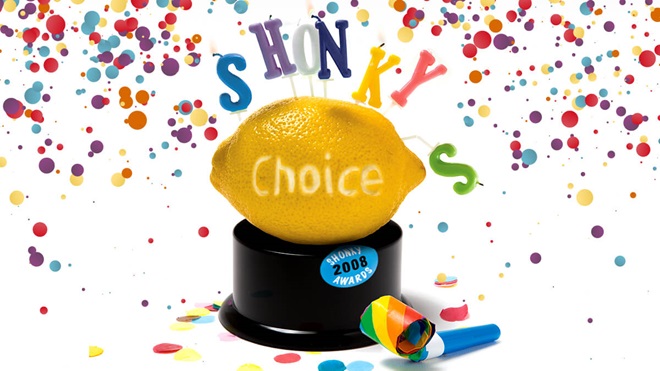If you're concerned about animal welfare, you may have been buying free-range eggs in the hope they come from more cheerful chooks than their cramped cage cousins.

The Australian Egg Corp's certification scheme has a relaxed definition of 'free range'.
After all, some of the cartons show happy hens roaming in lush, green paddocks.
But don't be fooled. The term "free range" has no legal definition in Australia, found a CHOICE report.
There are voluntary standards, such as FREPAA's, the Free Range Egg and Poultry Association of Australia.
However, the vast majority of free-range eggs are certified by the Australian Egg Corporation, the national industry body representing about 90% of producers.
Conveniently, its Egg Corp Assured scheme has a more relaxed definition of free-range than the voluntary standards, making it easier for members to use the free-range label and access the shopping dollar from concerned consumers.
Even true free-range chooks spend more time in a shed than outdoors.
But while FREPAA restricts the number of hens to seven per square metre of shed area, Egg Corp Assured allows 14 – not much less than the 18/m² in cage systems.
Unlike FREPAA, Egg Corp allows beak trimming and shed sizes on a scale that means many chooks will never find their way outdoors.
CHOICE thinks there's an urgent need for a clear national definition of free range, and tighter regulation, rather than continued reliance on a shonky industry scheme.
Join the Shonkys conversation

Talk about lemons... Share thoughts on this year's Shonky Awards with the CHOICE community forum.


